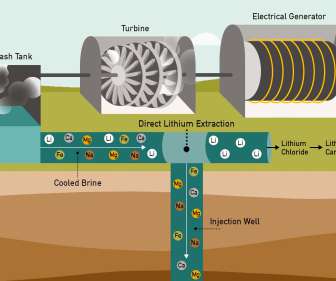Energy Harvesting for Wearable Technology Steps Up
Cars That Think
NOVEMBER 1, 2023
Wearable devices, like nearly every other piece of tech, need energy. Fortunately, though, at wearables’ modest power budgets, energy is effectively everywhere. And today, technology is maturing to the point that meaningful amounts of these energy giveaways can be harvested to liberate wearables from ever needing a battery.




















Let's personalize your content